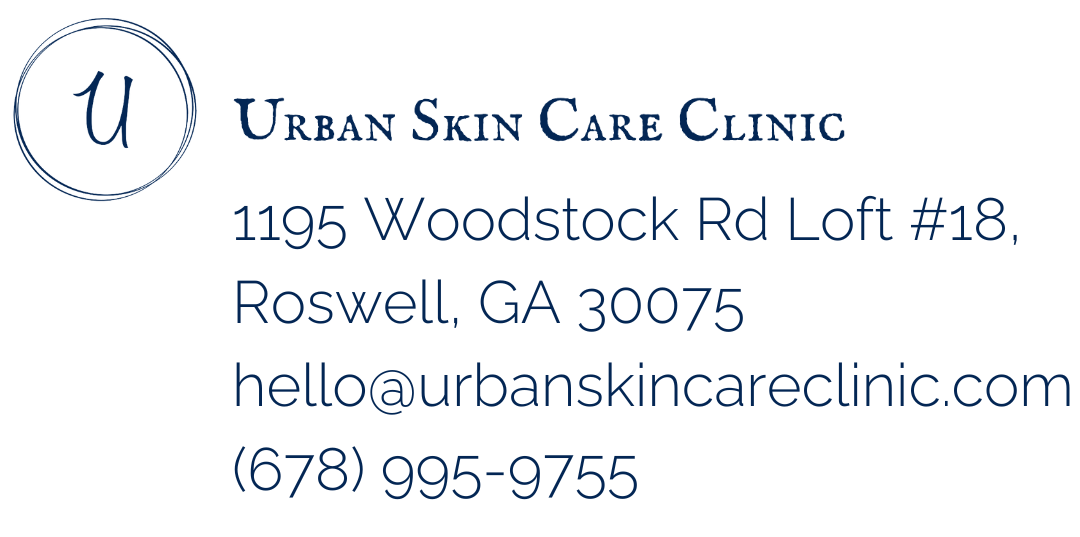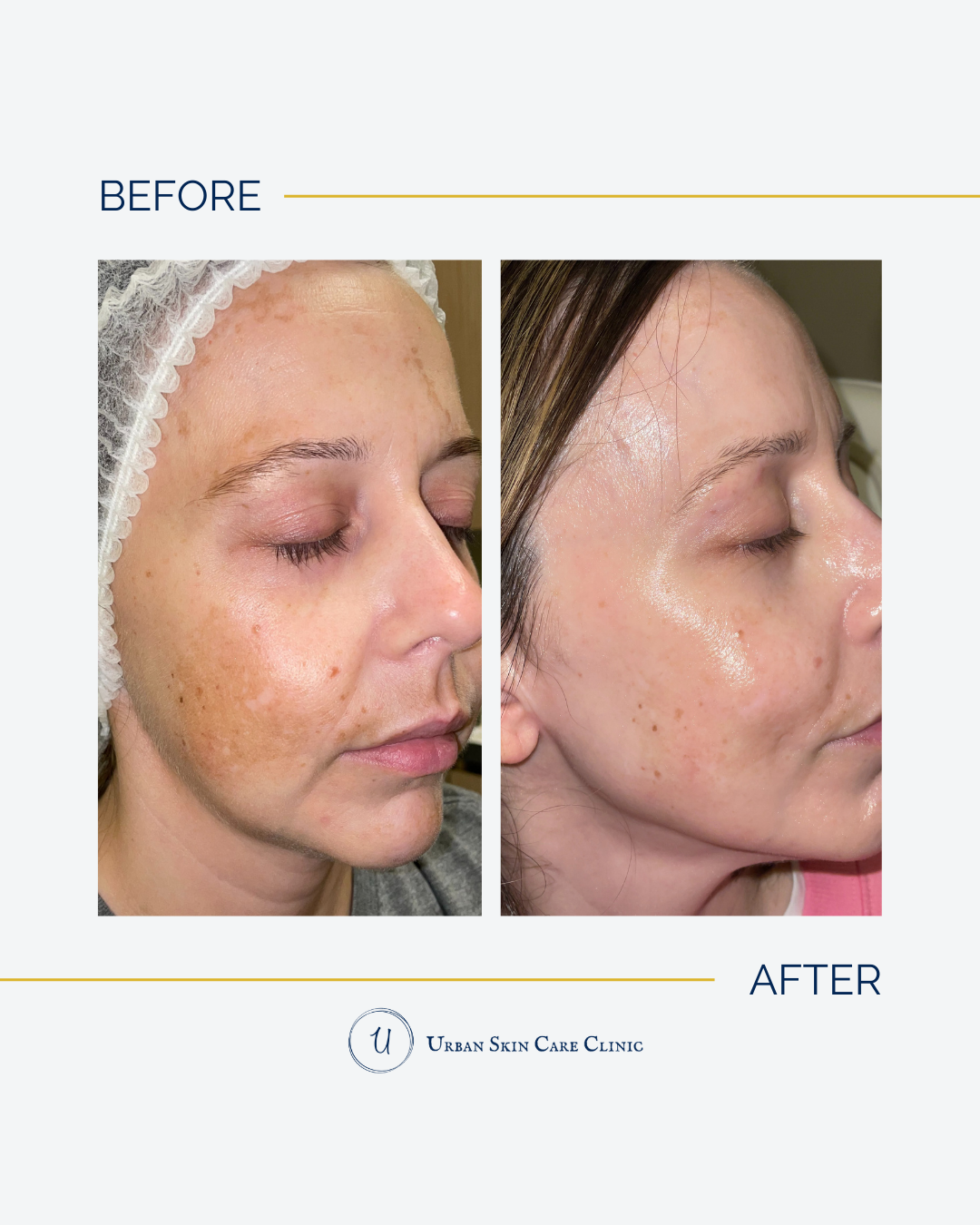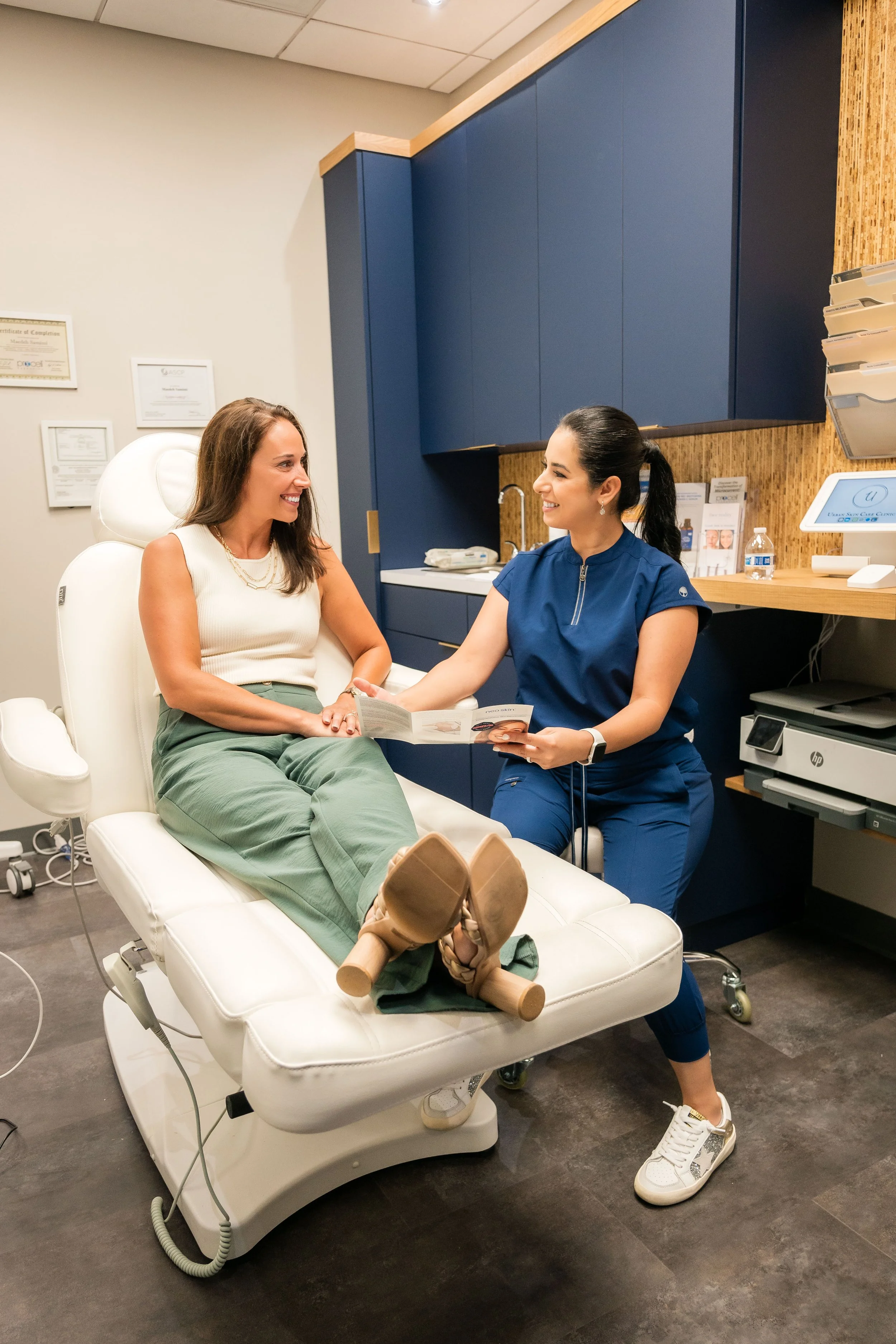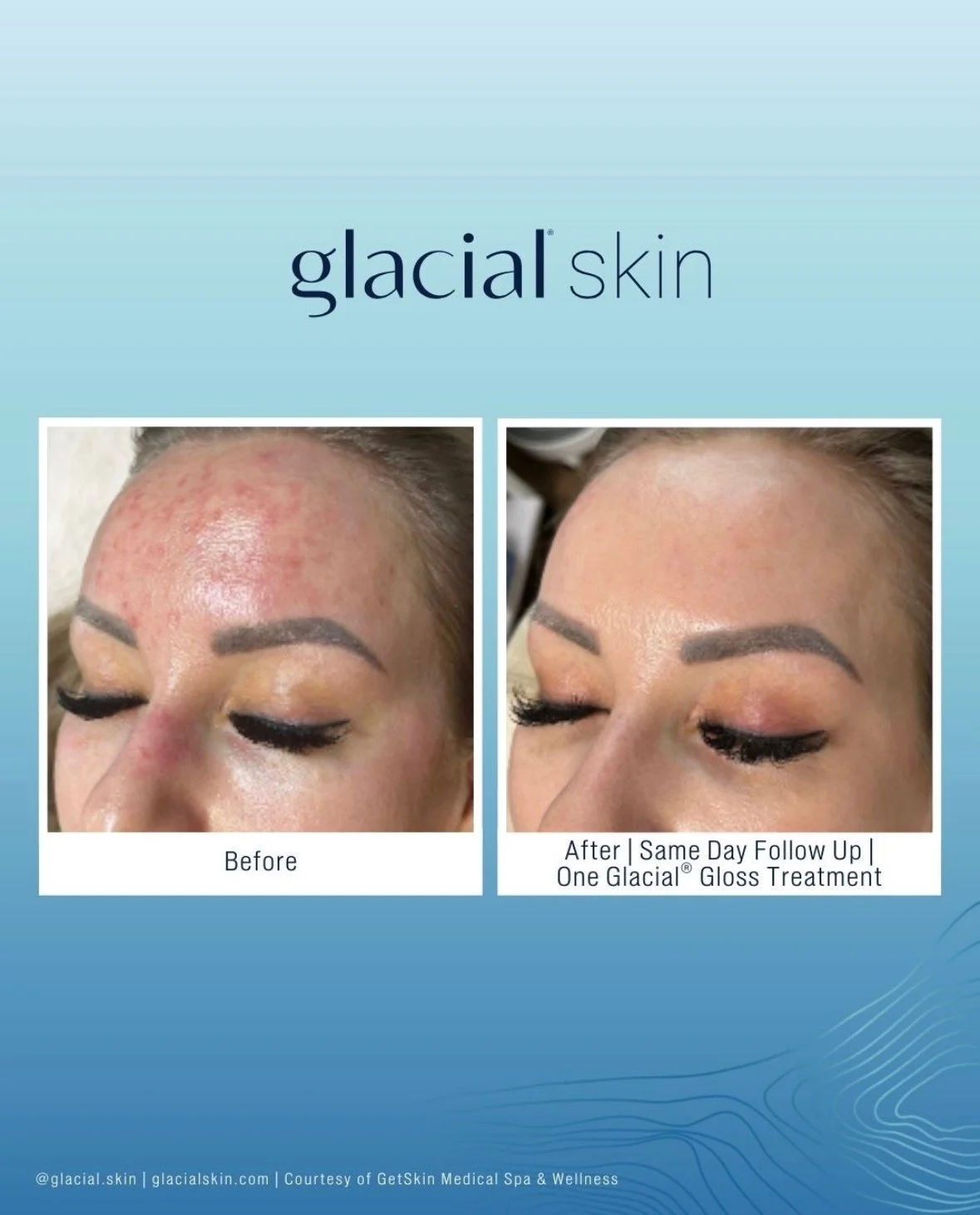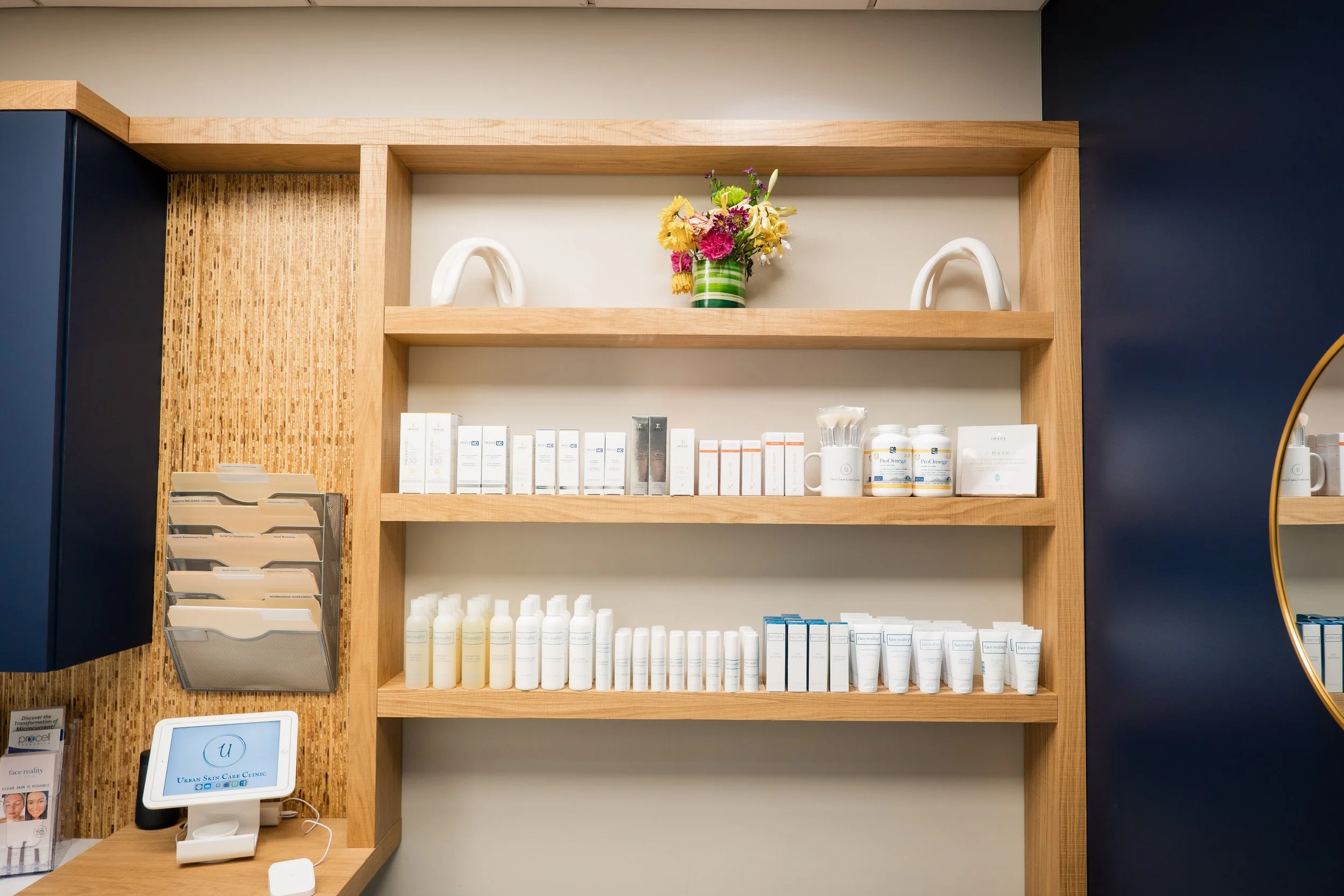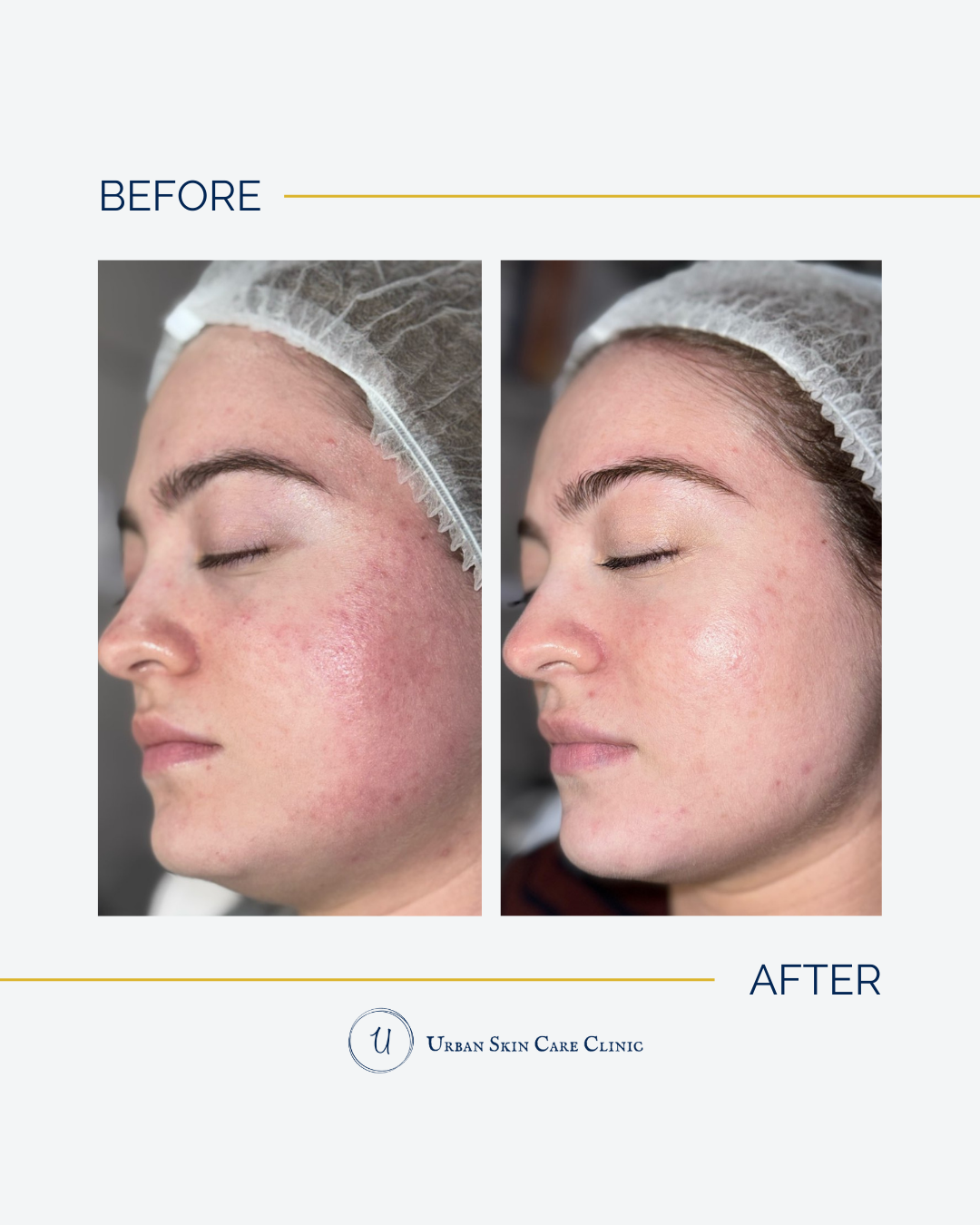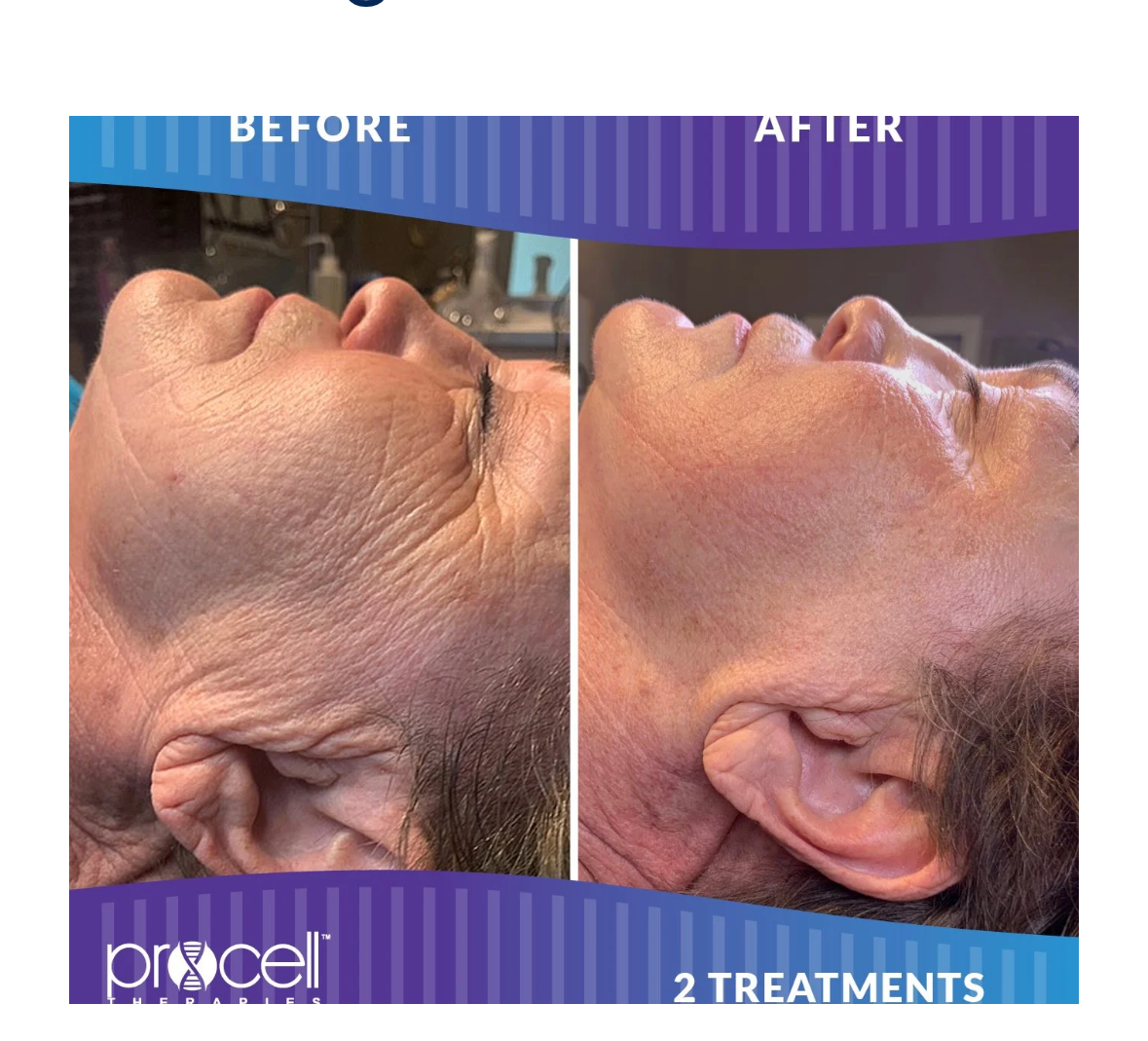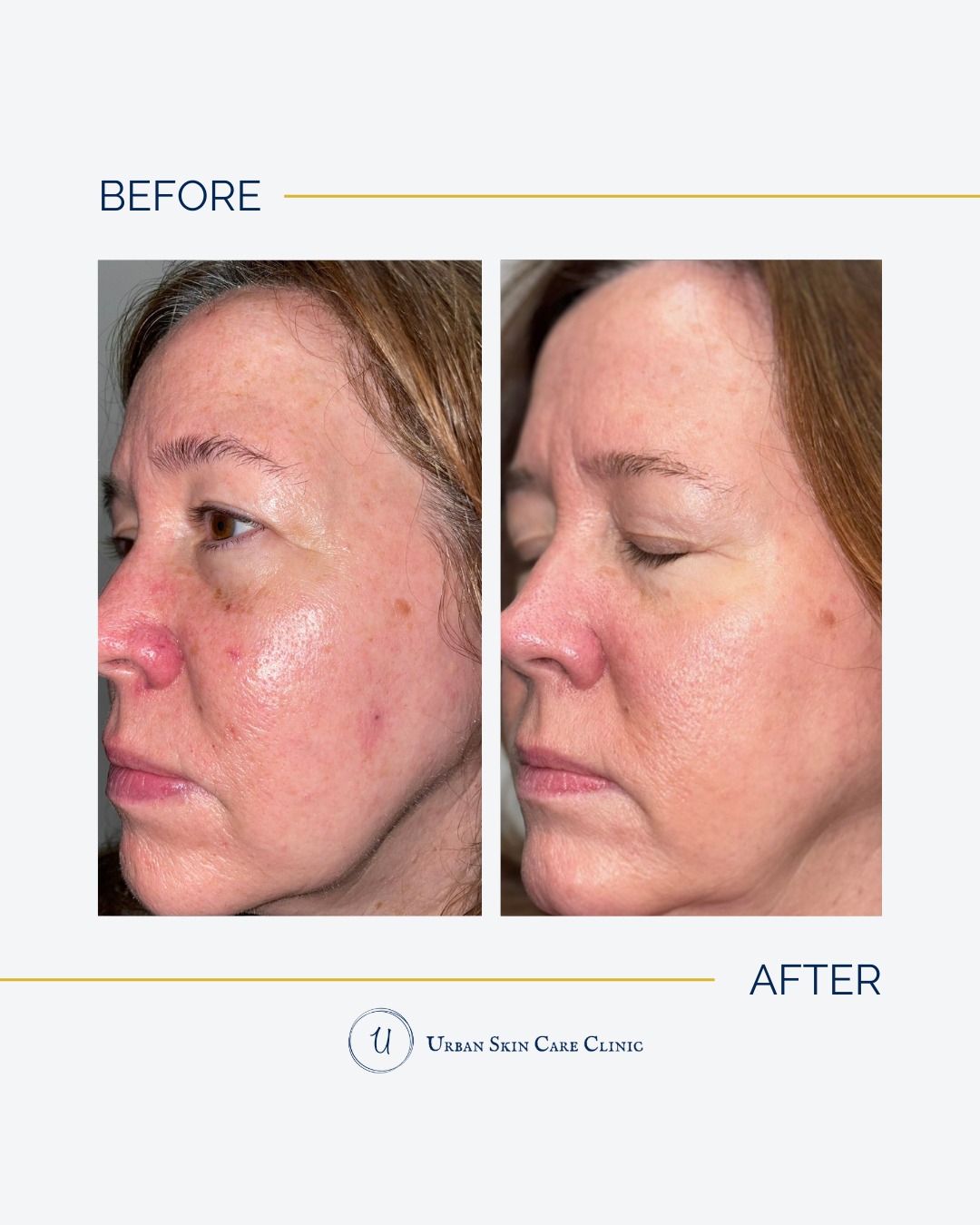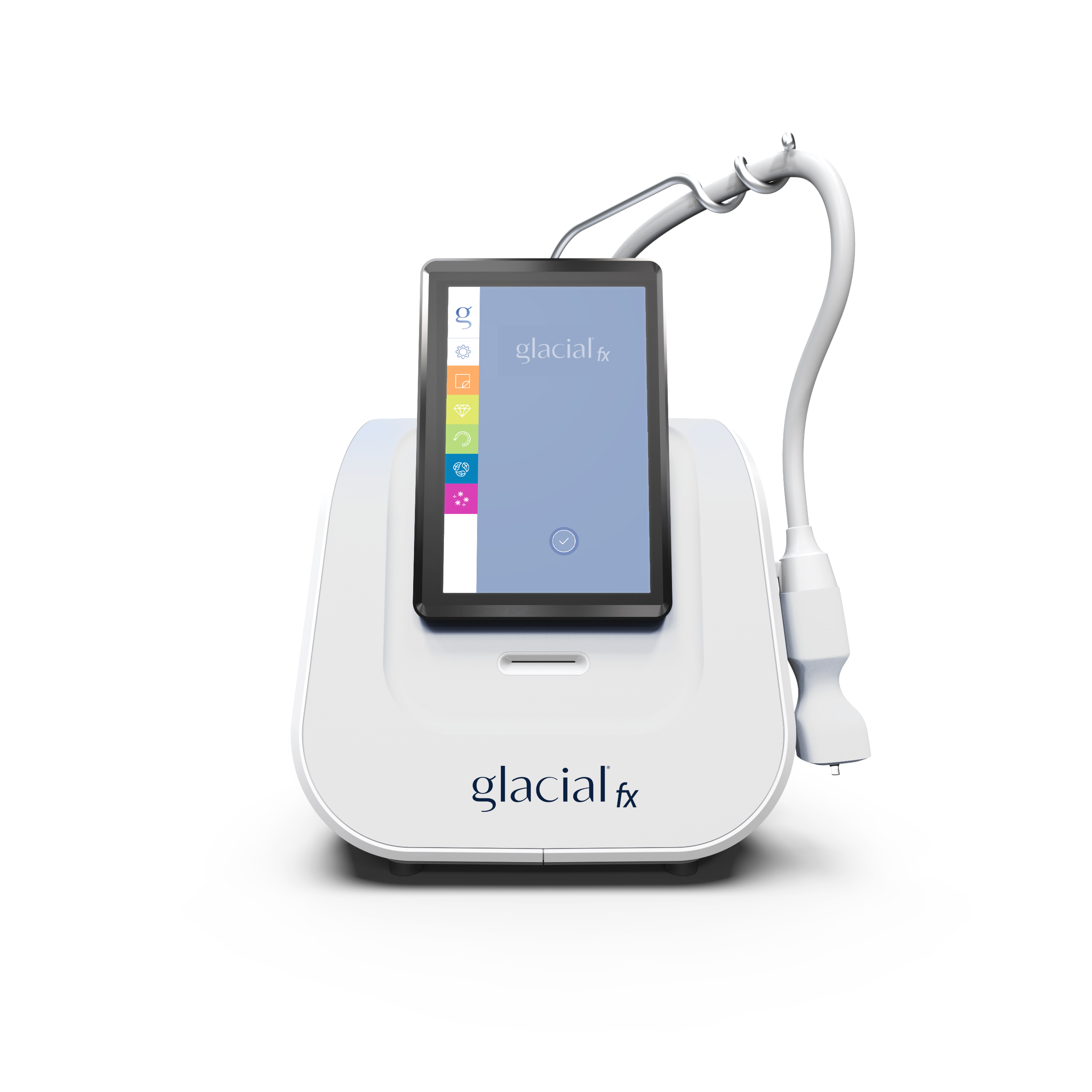How To Remove Dark Spots?
You may have noticed a dark spots or otherwise known as hyperpigmentation on your own skin or on others.
Most people experience dark spots at some point in their lives which are primarily caused by unprotected exposure to the sun.
In general, hyperpigmentation is not harmful. They actually form as the result of your skin wanting to protect itself from the sun. Most individuals don't like the way they look and would like them removed.
So what is hyperpigmentation?
Hyperpigmentation is simply your skin producing excess melanin (pigment), which results in small or large patches of discoloration or dark spots.
The types of melanin
Neuromelanin: A dark pigment found in the brain.
Pheomelanin: A pink or red huge pigment found in lips, red hair, and reproductive glands.
Eumelanin: Dark pigment found in hair nipples and skin.
What causes hyperpigmentation?
There are extrinsic and intrinsic factors that lead to hyperpigmentation.
Extrinsic factors:
UV rays (sun)
Heat (Sauna)
Pressure (Improper extractions)
Injury or trauma to the skin (Scrapes, scars or wounds, aggressive treatments)
Intrinsic factors:
Hormones (Pregnancy, menopause)
Inflammation (Acne)
Genetics (Ethnicity)
Medications (Birth control)
Who can develop hyperpigmentation?
Anyone can develop hyperpigmentation, however, it is more common in people with darker, or olive skin tones.
Types of hyperpigmentation
There are actually four Common types of hyperpigmentation:
PIH (Post inflammatory hyperpigmentation): Red or purple pigment caused by inflammation. It's common in acne prone individuals.
Age Spots: Also called liver spots, are small dark patches of skin that form as a result of over-exposure to UV radiation.
Melasma: Dark patches of skin caused by hormone imbalance.
Freckles: These are clusters of small red or brown spots on face, neck, chest, hands, and or arms. They're very common in fair skin tones, and can be genetics, triggered by sun exposure and they can appear as young as four years old.
How to treat hyperpigmentation or dark spots?
Sunscreen! Using sunscreen on a daily basis is your number one defense against premature aging and preventing dark spots. UV rays trigger melanin production and are the primary cause of hyperpigmentation. So, if you want to prevent hyperpigmentation from developing or keep any dark spots you already have from becoming darker or bigger, SPF is your best bet.
Your daily skincare routine, as it accounts for 80% of your results. Ingredients such as a stabilized vitamin C, Mandelic Acid, Azelaic Acid, retinol to name a few are very effective in brightening hyperpigmentation.
Another important piece to this puzzle is professional treatments. Skincare products are great, and they do make a big difference, However, you can only go so far. Professional treatments in conjunction with what you're doing at home will just take your results to the next level. Specifically chemical peels and laser treatments are going to be the best options to lighten, brighten and remove any pigmentation. Regular facials are great, Microdermabrasion is great, Dermaplaning is great, but these treatments are not going to directly help with removal of dark patches, spots and evening out your skin tone. Always remember, progressive rather than aggressive treatments are not only the better but a safer approach. In my opinion, generally speaking six sessions of corrective treatments is the sweet spot.
If you are someone who's looking to brighten, and even out your skin tone and slow down the process of aging along the way, I happen to specialize in this very thing you're looking for!
I am a medical esthetician of over 10 years certified acne expert and laser practitioner. I encourage you to start with a complimentary consultation with a couple of different places, meet with your provider, get their opinion on what you're looking to achieve, look at your options, and you'll be able to decide what's best for you.
Email me: hello@urbanskincareclinic.com
